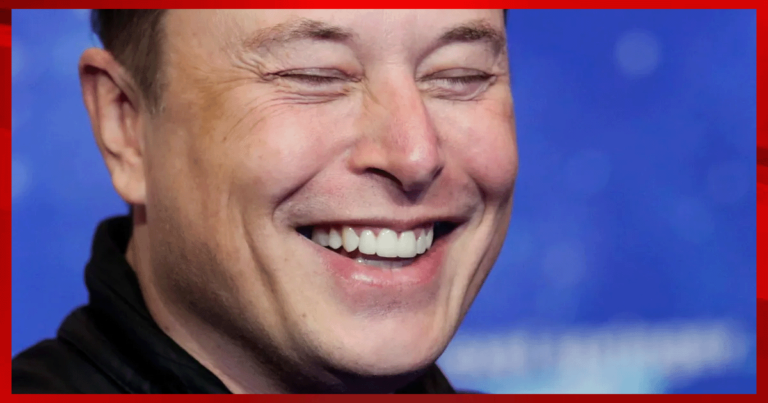
Democrat-led states, like California, are waging an all-out assault on free speech, particularly on social media. California, always at the forefront of pushing progressive agendas, is now targeting the very platforms that allow people to express themselves. Under the guise of fighting “misinformation” and “hate speech,” the state has passed laws that force social media companies to report their content moderation practices.
They must track and publicly disclose how they handle everything from harassment to disinformation.
But what’s really going on here? It’s about control. By mandating these reports, California is effectively pressuring platforms to censor speech that doesn’t align with the state’s progressive ideals.
It’s not about fighting hate; it’s about suppressing dissent. Social media companies are being turned into the state’s speech police, and this is happening in a country that values free expression. Or at least, it used to. Elon Musk refused to comply with this new rule—and took the state to court.
From Daily Caller:
Elon Musk’s X scored a victory against a California content moderation law Wednesday after suing on free speech grounds last year.A panel of three judges on the 9th U.S. Circuit Court of Appeals in San Francisco overturned a previous decision by a lower court that ruled against pausing enforcement of California’s law, Reuters reported.
Elon Musk’s X Fights Back—and Wins
Enter Elon Musk’s X (formerly Twitter), which scored a victory this week in its fight against California’s draconian content moderation law. The law, passed under the banner of transparency, forces social media companies to report their strategies for tackling so-called harmful content. This includes data on how many posts are flagged as objectionable, what type of content is involved, and how the platform responds.
But Musk wasn’t having it. His company sued California in 2023, claiming the law violated the First Amendment. A lower court initially dismissed the case, but this week, a panel of three judges from the 9th U.S. Circuit Court of Appeals overturned that decision. In the opinion written by Judge Milan D. Smith Jr., the court concluded that X Corp. was likely to succeed in proving that California’s law “facially violates the First Amendment.”
In other words, California’s attempt to force social media companies to toe the line on content moderation wasn’t just overreach—it was unconstitutional.
A Win for Free Speech
This victory is a win not just for Musk’s platform but for free speech advocates across the country. X Corp. argued that the law amounted to state-mandated censorship, and the court seemed to agree. Musk, who has been a vocal defender of free expression on social media, saw the law for what it really was: an attempt to control narratives by forcing platforms to limit speech under the watchful eye of the state.
California, naturally, isn’t backing down without a fight. The state’s Attorney General’s office said they are “reviewing the opinion and will respond appropriately in court.” Translation? Expect more legal battles. But for now, the ruling is a much-needed check on California’s overreach.
This victory comes on the heels of other global efforts to suppress free speech online, such as Brazil’s recent crackdown on X and France’s arrest of Telegram’s founder. It’s clear that the battle for free speech isn’t limited to the United States. But here, thanks to Musk’s fight and a ruling in favor of the Constitution, free speech just scored an important win.
The left’s war on free expression rages on, but for now, Musk and his platform are standing strong.
Key Takeaways:
- California’s content moderation law forces social media platforms to report how they handle posts on harassment, hate speech, and disinformation, raising concerns about government overreach.
- Elon Musk’s X won a legal victory against the law, with a federal court ruling that the law likely violates the First Amendment by imposing unconstitutional restrictions on free speech.
- The decision is a significant win for free speech advocates, but California is expected to continue fighting in court, keeping the battle over online expression ongoing.
Source: Daily Caller


